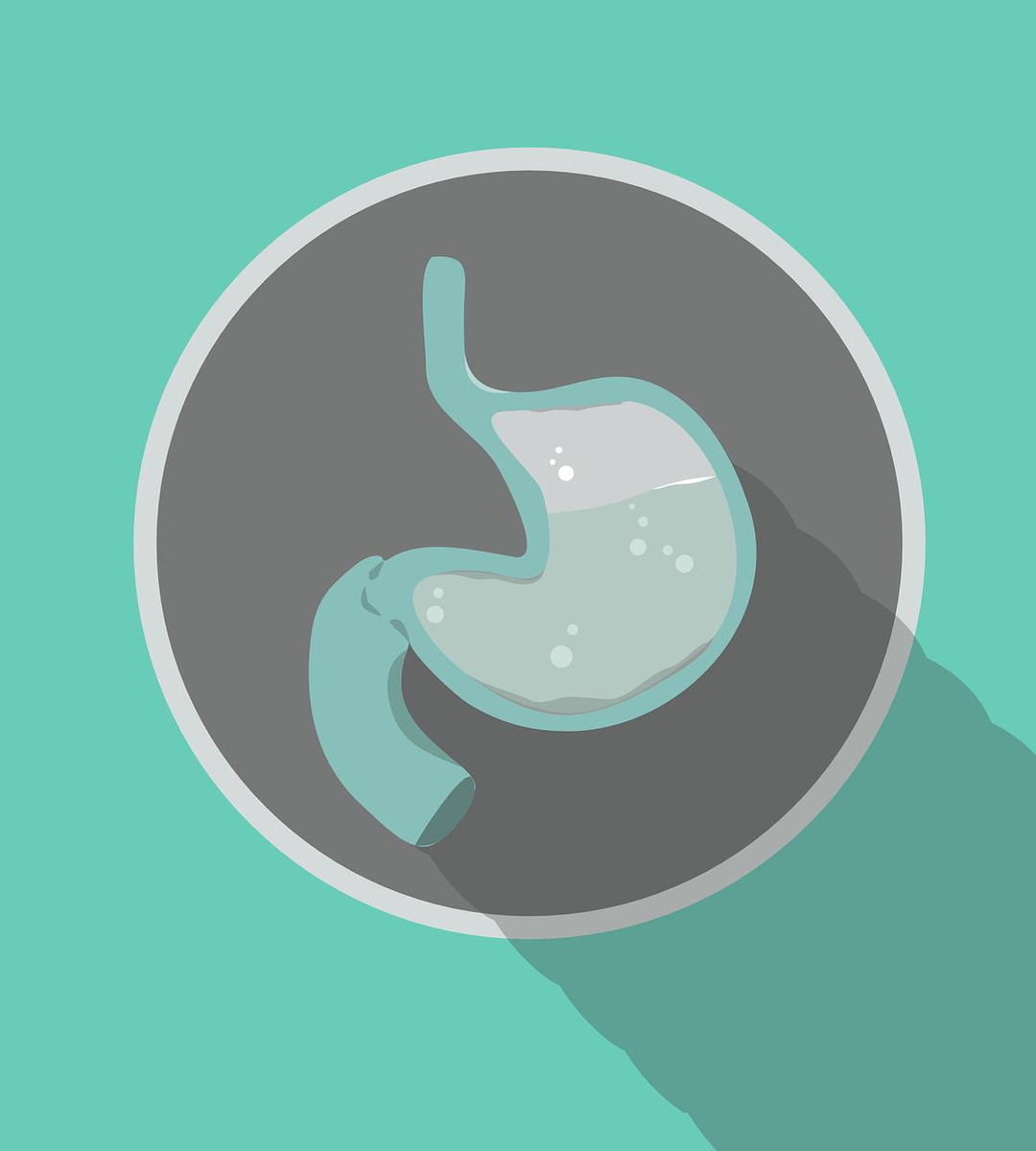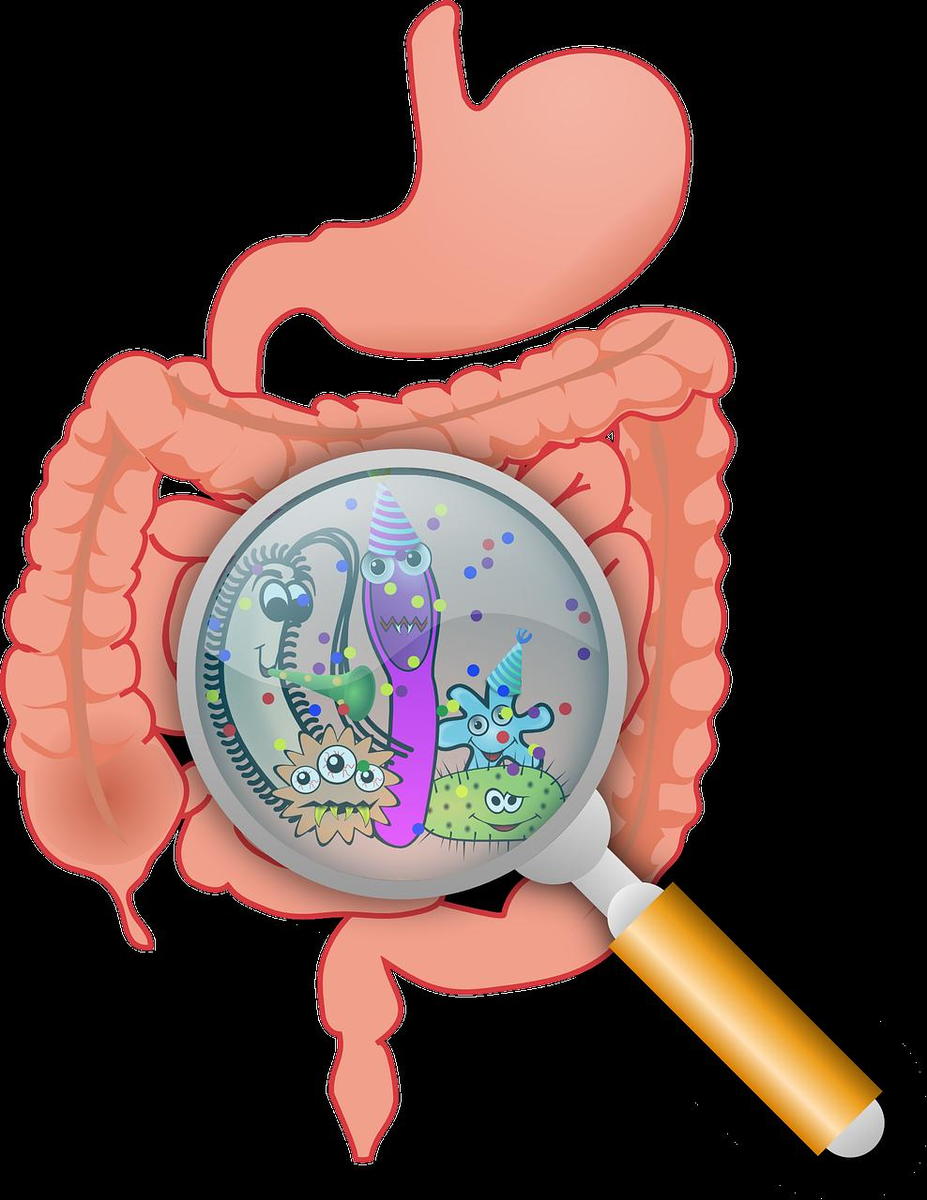Some gas is normal. It’s a part of digestion. The average adult passes gas 13 and 20 times a day.

Gas enters the digestive tract when you swallow air while eating, and as a byproduct of fermentation when bacteria in your large intestine break down undigested foods.
You might notice more gas if you eat too fast, talk while eating, use a straw, chew gum, suck on mints, smoke, drink carbonated beverages, or if you eat certain foods that result in excess gas production like high fiber foods and artificial sweeteners. Artificial sweeteners can cause gas and bloating because they can’t be digested or broken down easily.
When undigested carbohydrates pass into the large intestine, bacteria ferment them. Fermentation produces methane and hydrogen gases. Bacteria in the large intestine consume some of these gases. The rest are expelled as flatus. Lots of undigested carbohydrates may result in foul smelling flatus.
Small intestinal bacterial overgrowth (or SIBO) and Irritable Bowel Syndrome (IBS) are two common causes of gas and bloating.
SIBO is a condition that increases or changes the bacterial content in your small intestine

Symptoms may include: gas, bloating, diarrhea or constipation, and sometimes even weight loss.
We can do breath-testing in our office to evaluate for SIBO.
If your breath test is positive, treatment is with a gut-specific antibiotic. Most people notice an improvement in their symptoms after treatment.
IBS is a functional GI disorder meaning there are no signs of the disease that can be objectively seen or measured, and routine medical tests used to diagnose GI disorders such as colonoscopy, upper endoscopy (EGD), ultrasound, CT, MRI, blood, and stool studies, are often normal. Yet, the GI tract is not functioning normally.
IBS is a diagnosis of exclusion. It is a cluster of symptoms that might include:
Abdominal pain, discomfort, or cramping that comes and goes and improves after a bowel movement
Bloating, gas, or distention
Diarrhea and/or constipation
A change in bowel habits from what was previously normal for you, including changes to your stool frequency or form, increased straining with bowel movements, and/or urgency to have a bowel movement.
With IBS-D (diarrhea predominance) you may notice frequent, loose bowel movements while awake, sometimes with a sudden urge to go to the bathroom, and sometimes with mucous seen mixed in with the stool.
With IBS-C (constipation predominance) you may notice abdominal pain, discomfort, and bloating in connection with constipation.
Constipation means that stools don’t pass often enough, or pass less than three times per week.
Having hard stools that are difficult to pass, or the feeling of incomplete emptying following a bowel movement, are additional signs of constipation.
*Gas and Bloating can be symptoms of underlying disease. These symptoms can mask very serious conditions like ovarian or pancreatic cancer. Be sure to schedule an appointment with our office for a comprehensive medical evaluation so that you can be properly diagnosed to avoid missed diagnosis, delayed care, and poor outcomes.
*In addition to a comprehensive GI evaluation, women with gas and bloating should ALWAYS be evaluated by an OBGYN to rule out gynecological causes of their symptoms including endometriosis, PCOS, and ovarian cancer. Ovarian cancer can present with vague symptoms like gas, bloating and indigestion. These symptoms should NEVER be overlooked or blamed on IBS until ALL other organic causes are ruled out.
*While we will carefully evaluate you and rule out GI causes of your symptoms, you may require evaluation by another specialist such as an OBGYN to rule out other causes to your symptoms and to ensure that your symptoms are comprehensively addressed, worked-up, and evaluated properly before making a definitive diagnosis of IBS.
